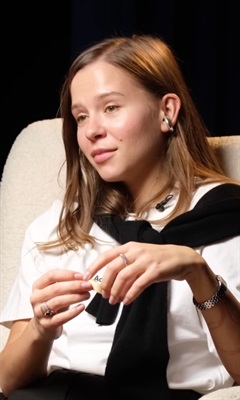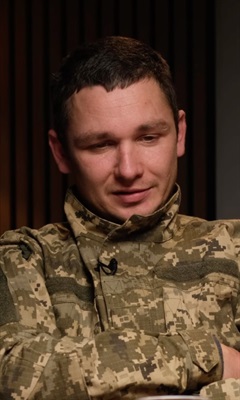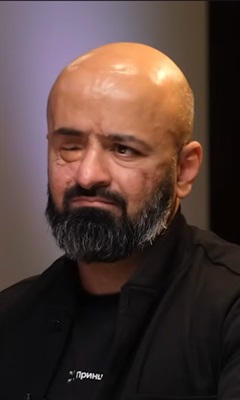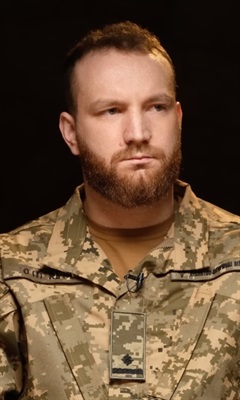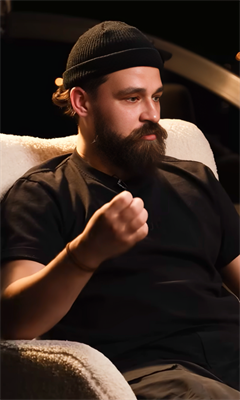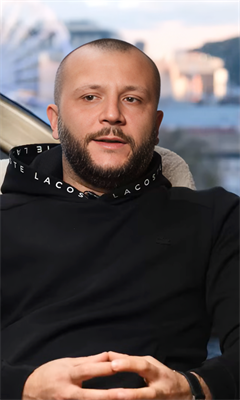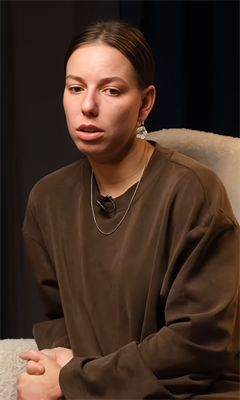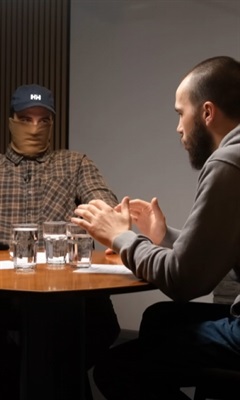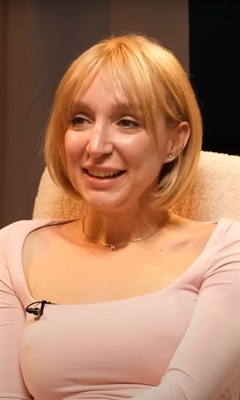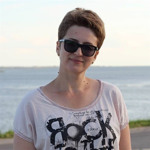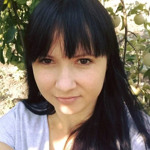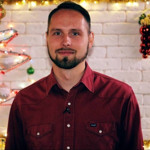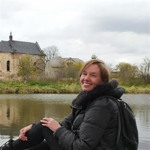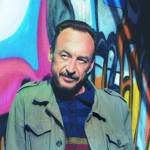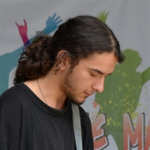When the second child died in my arms, I cried. The story of an intern from Mariupol
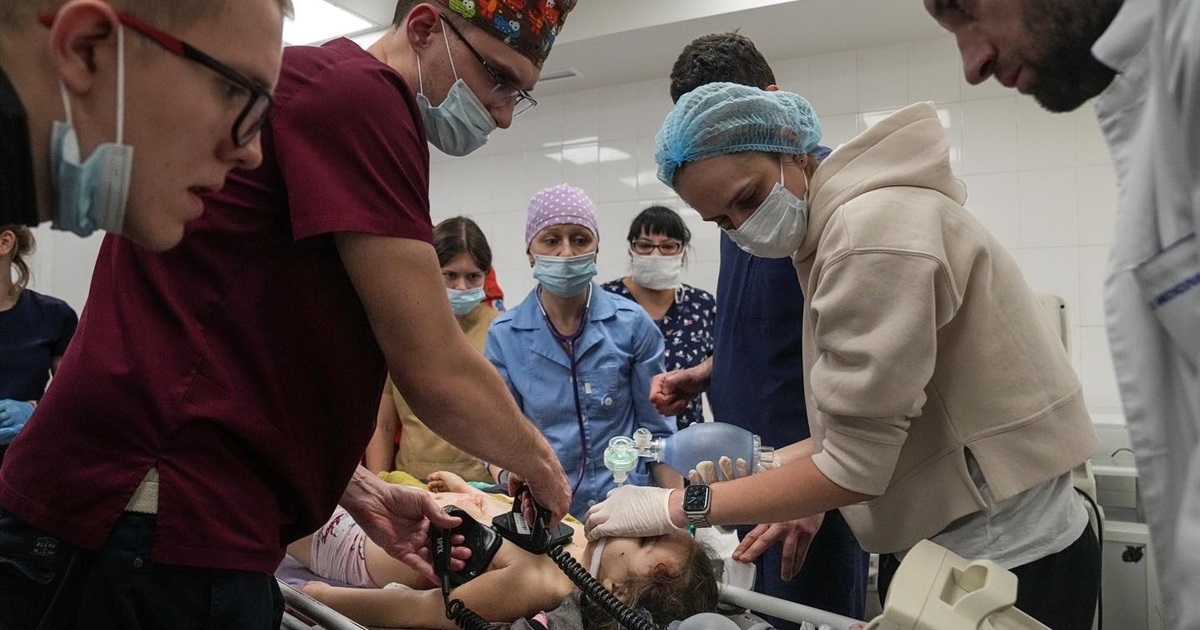
I’ve been working as a nurse at the Department of Urology for three years and I became an intern six months before the war. On February 24 at 04:47 a.m. I received a call from my friend in Kyiv who told me that the war had started. I was surprised because the war in Ukraine had lasted for years by then. That’s why I went to work in the morning, bewildered by the queues at the shops and ATMs. I didn’t even panic when the neighboring towns were invaded. I didn’t plan on leaving because I am a doctor; people need me here and now.
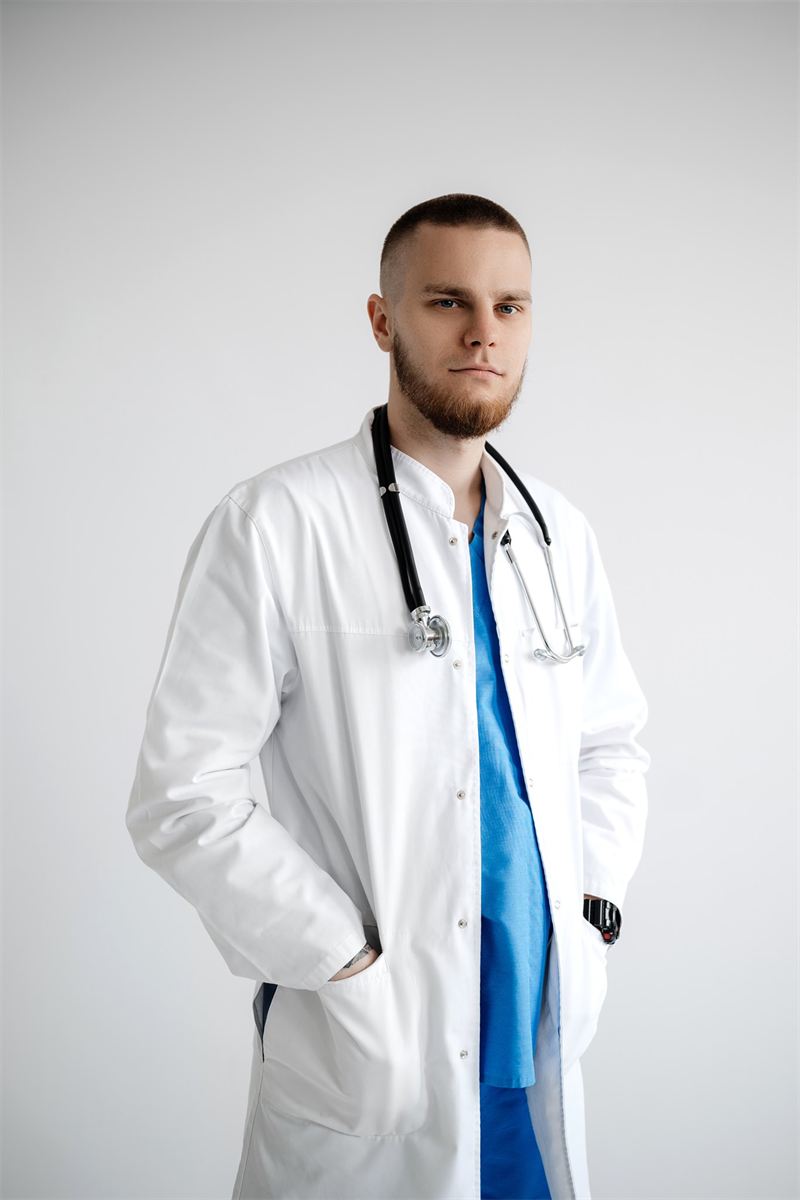 Denys Kozlov
Denys Kozlov
At that time a lot of people didn’t go to work, they just didn’t have the chance. The situation was deteriorating drastically.
When the second child died in my arms, I cried. It was much more difficult to bear than I could imagine. My friend and I were drinking tea at the reception desk when a father ran in with his child wrapped in a blanket. The volunteers were carrying his injured wife behind him. They were bringing groceries to their grandmother when they got under fire. The man was just shocked, while his wife had a penetrating bladder injury and the child had a severe head injury. We tried to save him, but there was no chance. The mother had had a surgery, and when I was leaving Mariupol, she was already walking. Now she is in the territory controlled by the so-called DNR. It’s true that people are forcibly taken there.
We worked in the operating room day and night. There wasn’t enough food or medicines. The patients were lying on mattresses on the cold floor. We didn’t have any electricity, so the doctors, nurses, and supporting staff were carrying the injured people up and down the stairs in their arms. The surgeons did everything. Children were delivered without obstetricians. Gynecology interns read on how to perform C-sections and weren’t afraid to supervise pregnant women. We’ve delivered six babies and 6 kittens during that month. The hospital turned into a shelter for those who had lost their homes.
We took medicines that we desperately needed from the drug stores. Locals stole food from the shops. They took some things that they wouldn’t even need. Food supplies were scarce. Things got a little bit easier when the “protectors” came, but it’s not very pleasant to eat under the barrel of a machine gun.
When we got back the mobile service and internet, we found out about the humanitarian routes. Some doctors left the city. Those that had stayed tried their best to save the injured people. We didn’t have any medicines, antiseptics, or other supplies. People died not because a doctor had done something wrong but because there were no proper antiseptics.
During the third week of the siege, some doctors managed to get out of the city. Later, we were forbidden to leave the hospital. They threatened to execute us. We didn’t even think of it as captivity. After some time, I started searching for an escape route. On March 20, I was approached by the father of one of the patients who needed to leave the city to save his life. He had two cars. I can’t drive, so we took my acquaintance and her family. There was a risk that the invaders would find out about this, but we took it. We took a pack of ravioli and a crate of alcohol for ransom. What followed was the most terrifying time of my life.
We went through 25 checkpoints; there were military of different nationalities. They inspected my tattoos and my phone. I didn’t tell them I was a doctor. I said that I’m a 5-year student. At the last checkpoint, they wouldn’t let us through. They said that the next stop was Ukraine, nobody was allowed in, and they were shooting at cars. But we are no fools. We drove forward; men with blue bands were standing there. We didn’t know what color the bands should be, and we thought that will be interrogated again. But they spoke to us in fluent Ukrainian. I almost burst into tears from happiness. It was the most joyful moment of the last month.
As far as I’m aware, the hospital is functioning now, but it’s supervised by the “DNR Ministry of Healthcare”. I’ve recently talked with a colleague who left later than me and witnessed the arrival of that “minister”. He says they were promised apartments, good salaries, a bright future, and so on… Meanwhile, 90% of houses in Mariupol stand in ruins.


